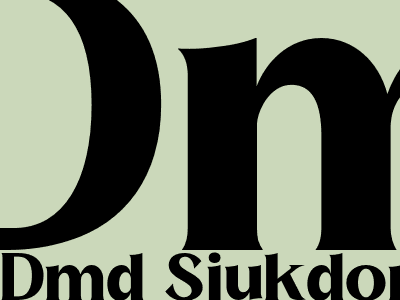What is DMD?
Definition of DMD
Duchenne Muscular Dystrophy (DMD) is a rare genetic disorder caused by mutations in the dystrophin gene, leading to progressive muscle degeneration. Primarily affecting males and characterized by muscle weakness and loss of ambulation in early childhood, DMD significantly impacts individuals' lives, families, and healthcare systems.
Symptoms of DMD
Early Signs
Symptoms of DMD typically emerge between the ages of 2 and 5 years. Initial signs include:
- Delayed motor skills, such as walking or climbing stairs
- Difficulty running or jumping
- Large calf muscles (pseudohypertrophy)
Progressive Weakness
As the disease progresses, muscle weakness extends to the arms, legs, and trunk. Affected individuals experience:
- Frequent falls and difficulty rising from the floor
- Gowers' sign: Using hands to climb up their own legs to stand
- Waddling gait
Other Symptoms
DMD can also affect other body systems, including:
- Heart problems, such as dilated cardiomyopathy and arrhythmias
- Respiratory issues, such as sleep apnea and restrictive lung disease
- Intellectual disability in some cases
Causes of DMD
DMD is caused by mutations in the dystrophin gene on the X chromosome. Dystrophin is a protein crucial for maintaining the structural integrity of muscle fibers. Mutations in this gene result in the production of either no or non-functional dystrophin, leading to muscle damage and weakness.
Diagnosis of DMD
DMD is typically diagnosed through a combination of:
- Physical examination and medical history
- Blood tests to measure creatine kinase levels (an enzyme released from damaged muscle fibers)
- Genetic testing to confirm the presence of dystrophin gene mutations
- Muscle biopsy to examine muscle tissue under a microscope

Comments